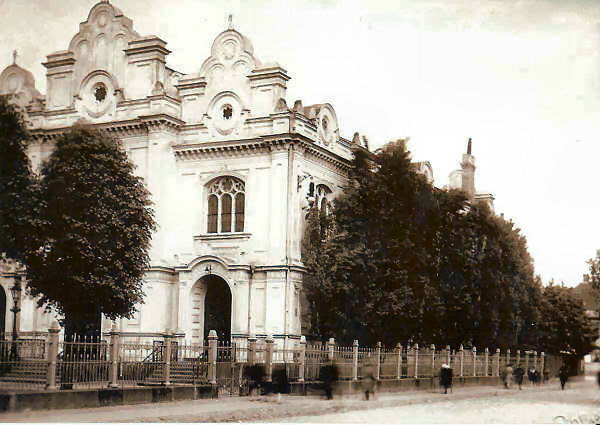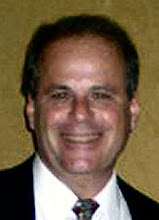REFUGE is a one-hour documentary that reaches back more than seventy years to give a voice to its last generation of victims of Nazi persecution and tell the story of this singular community that has provided a safe haven to more than one thousand Central European Jewish refugees and survivors. REFUGE weaves together historical narrative, archival footage and deeply personal testimony to explore the lives of six Chicagoans against the context of the Nazi cataclysm and how a small group of them came together to care for their own. The film illuminates the lost world of Central European Jewry prior to World War II--middle class, educated, cultured--and the remarkable courage, resilience and character of its final generation at Selfhelp.
In their own words, these refugees and survivors, now in their late eighties and above, speak vividly of loss of family and of place, of separations, and of decisions that meant the difference between life and death. They describe the myriad paths to survival: fleeing to the Jewish ghetto in Shanghai, hiding in the French countryside, being taken in by English families as part of the Kindertransport, and as slave laborers in Auschwitz and other concentration camps. And of those, who perished—husbands, parents, siblings, children. Yet, theirs are also stories of renewal, of finding love and creating new families, and of starting again in a new land.
The film moves back and forth between these stories and examines how the trajectories of their lives came together at the end at Selfhelp. And it reaches into the near future, when the last eyewitnesses to the Holocaust, those who have animated Selfhelp and given it its unique mission and meaning, will be gone.








